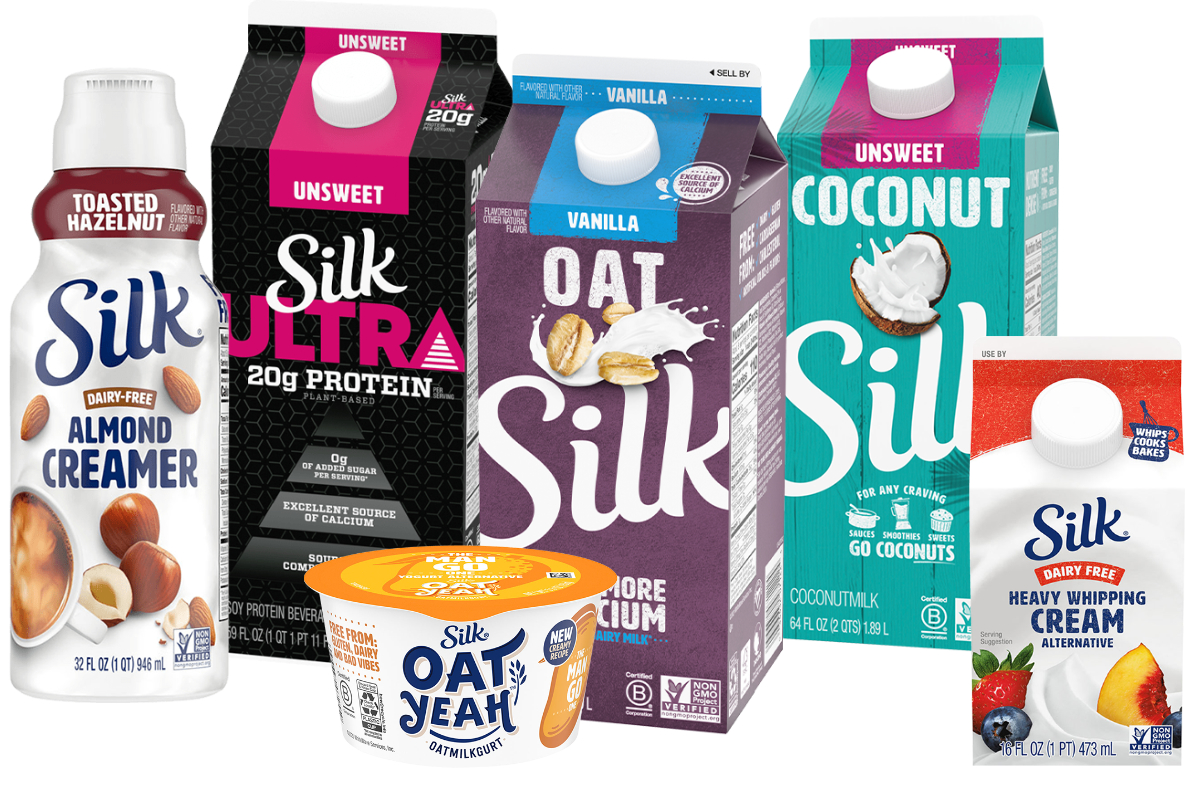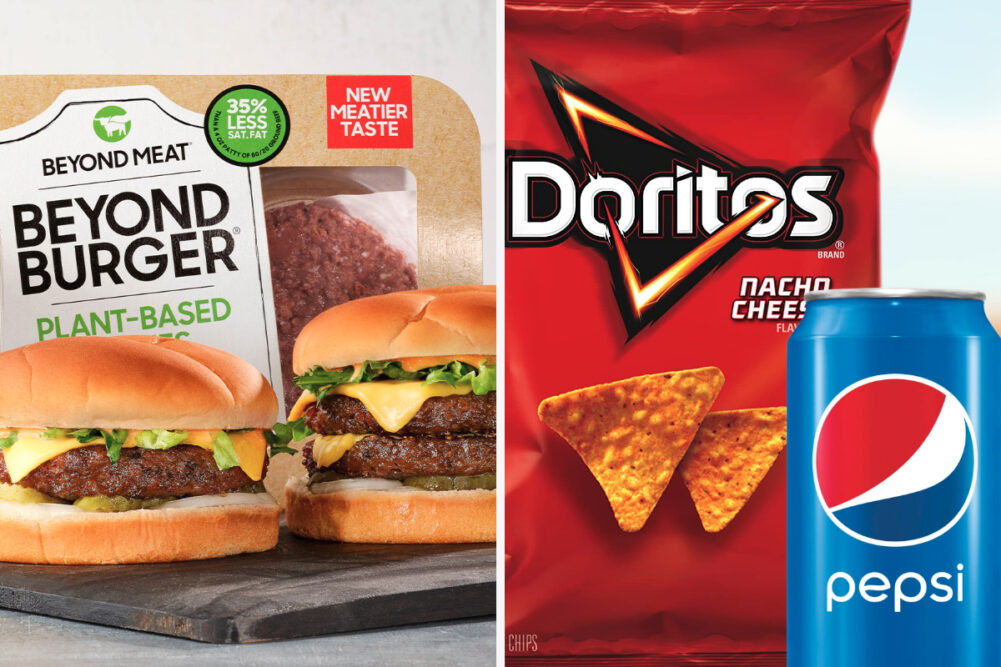BRIGHTON, UNITED KINGDOM — Makers of plant-based alternatives should aim to create products not just as good as their conventional counterparts but even better, said Rene Lammers, PhD, executive vice president and chief science officer for PepsiCo, Inc. Plant-based cheese alternatives have a way to go to achieve that goal, said Takoua Debeche, PhD, chief research and innovation officer for Danone North America.
Dr. Lammers and Dr. Debeche both spoke in a June 22 virtual presentation at the Future Food-Tech Alternative Proteins Summit created by Rethink Events, Ltd., Brighton.
“We tend to have a mindset of replacement, but you really have to offer better than,” Dr. Lammers said. “That is what industry needs to do in order to bring about fundamental behavioral shifts.”
Finding the right partners is pivotal, he said. PepsiCo, Purchase, NY, and Beyond Meat, Inc., El Segundo, Calif., in January formed The PLANeT Partnership, LLC, a joint venture to develop, produce and market snack and beverage products made from plant-based protein. The joint venture leverages Beyond Meat’s technology in plant-based protein development and PepsiCo’s marketing and commercial capabilities.
“If you bring those best worlds together, I think you can move mountains,” Dr. Lammers said.
Dr. Debeche spoke about plant-based dairy alternatives. Household penetration of milk alternatives reaches as high as 45%, but the percentages are lower for other items, ranging from 0.5% for plant-based cheese alternatives to 6% for plant-based yogurt alternatives, she said.
“We tend to have a mindset of replacement, but you really have to offer better than.” — Dr. Rene Lammers, PepsiCo
“There is huge room to expand those plant-based categories,” Dr. Debeche said. “We believe that continuing to develop new technologies to improve taste and texture and making those products more affordable to consumers is going to be critical to increase household penetration. These products need to taste as good as the dairy products and need to be at least at the same price.”
Biotech proteins and fermentation will assist food formulators.
“We see these technologies helping us to unlocking some of these key challenges, particularly to taste and texture,” Dr. Debeche said. “For example, in cheese today we know that plant-based cheese has a gap. They have a gap particularly with their texture but also with their functionality. The stretchability on a pizza is not the same. The browning is not the same. The melting is not the same.”
Improvements in plant-based cheese alternatives will come through plant-based ingredients as well as a combination of formulation and processing technologies, she said.
“But the real breakthrough, I believe, is probably not going to come before five years at least when we will be able to apply the new technologies producing casein and probably animal fat,” Dr. Debeche said.
Perfect Day, Berkeley, Calif., obtains whey protein by fermenting microflora rather than from cows, said Ryan Pandya, co-founder and chief executive officer. Several brands offer animal-free ice cream using Perfect Day whey protein, and the company expects to partner with manufacturers to introduce animal-free dairy cheese later this year.
 Silk brand plant-based milk alternatives are popular products from Danone SA, Paris. Expanding in the plant-based category will mean operating on a bigger scale and industry adding more fermentation capabilities, Dr. Debeche said. Danone continues to look to partner with ingredient suppliers.
Silk brand plant-based milk alternatives are popular products from Danone SA, Paris. Expanding in the plant-based category will mean operating on a bigger scale and industry adding more fermentation capabilities, Dr. Debeche said. Danone continues to look to partner with ingredient suppliers.
“It’s going to take time to ramp up to produce the millions and millions and hundreds of millions of tons of protein that will be needed,” she said.
Scalability is always a challenge with bigger companies like PepsiCo, Dr. Lammers said. He is optimistic about the future of the plant-based category.
“If we can develop a vaccine in 12 months, if we can put a machine on Mars, I’m sure we’ll crack the code on cost, taste and texture,” he said. “What the actual distribution is going to be on sales? I’ll leave that to other people to guess, but I’m very hopeful and positive that lots of strides will be made in the next decade.”





